5 Reasons Why Every Music Producer Should Have Their Own Website
In a world full of social media platforms, streaming services, and content apps, you might wonder: Do I really need my own website as a musician or producer?
The short answer is yes. And here’s why.
1. You Own Your Platform
Social media accounts are great—but you don’t actually own them. Algorithms change. Reach drops. Accounts get hacked. Your website, on the other hand, is yours. You decide how it looks, what’s on it, and how people experience your work.
It's like having your own piece of digital real estate. And in a world where attention is currency, having that control is powerful.
If you're just getting started, platforms like Squarespace or WordPress are user-friendly and flexible.
2. It Makes You Look Professional
Whether you're sending demos to labels, pitching for sync deals, or trying to book gigs, people will Google you. Having a clean, well-structured website shows you take your music seriously. It's your modern-day business card.
Include a simple bio, some press shots, and links to your music. Keep it updated. That alone puts you ahead of most independent artists.
3. It Centralizes Everything
Your music is on Spotify, your videos are on YouTube, your merch is on Bandcamp, and your updates are on Instagram. A website brings all that together in one place.
One link, one destination, everything you offer. No more sending fans or industry contacts on a treasure hunt.
Tip: Use a tool like Linktree if you want a quick central hub, but a real website offers much more flexibility long-term.
4. Direct-to-Fan Sales and Email Lists
Streaming doesn’t pay much. Social media reach is inconsistent. But when you own a website, you can sell music, merch, tickets, or beats directly to your fans—on your own terms.
You can also build an email list, which is still one of the most effective tools for staying in touch with your audience. Services like Mailchimp or ConvertKit make that part easy to set up.
5. It Grows With You
Your website can evolve with your career. Start with a bio and a few tracks. Later, add a blog, a beat store, tour dates, or a portfolio of your production work.
It's a long-term asset that grows as you grow. Not a short spring, but a long therm marathon.






